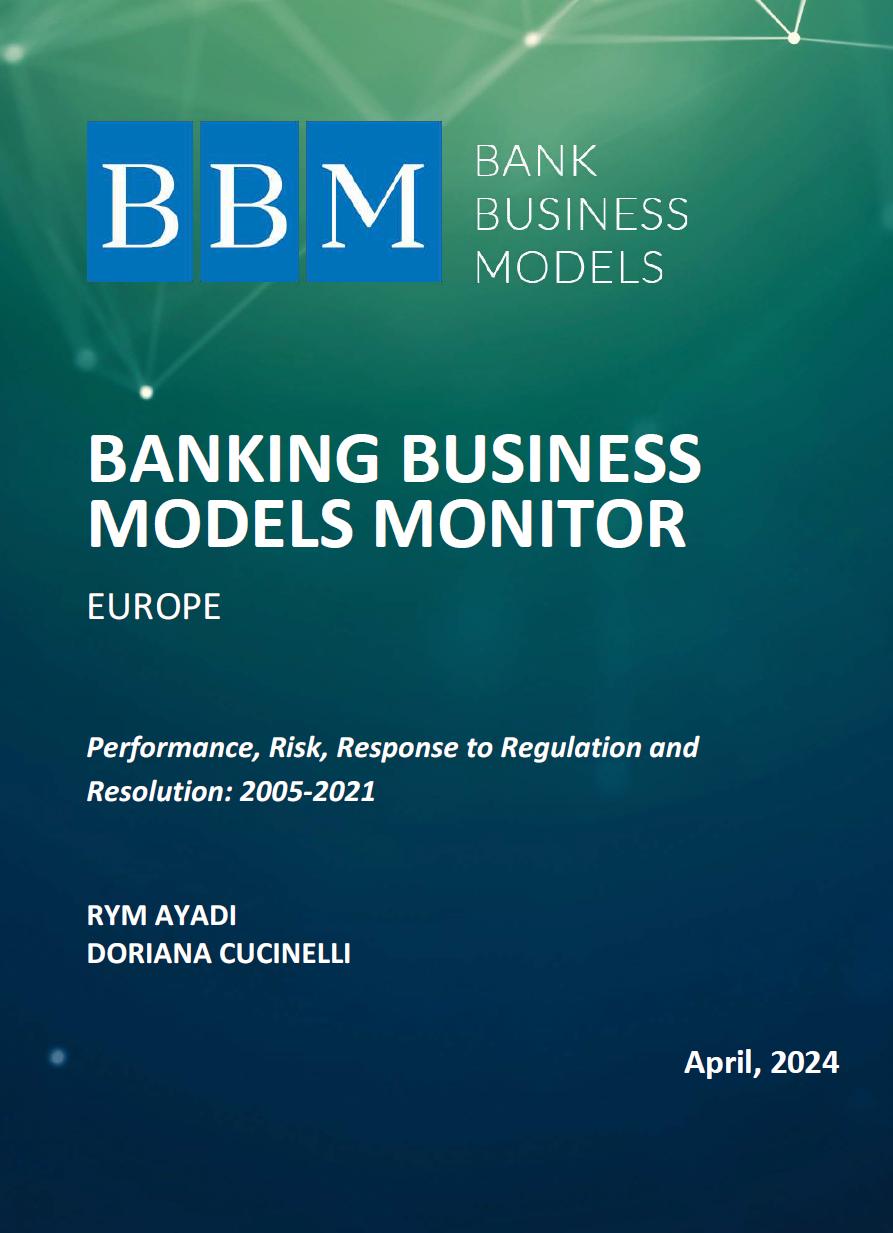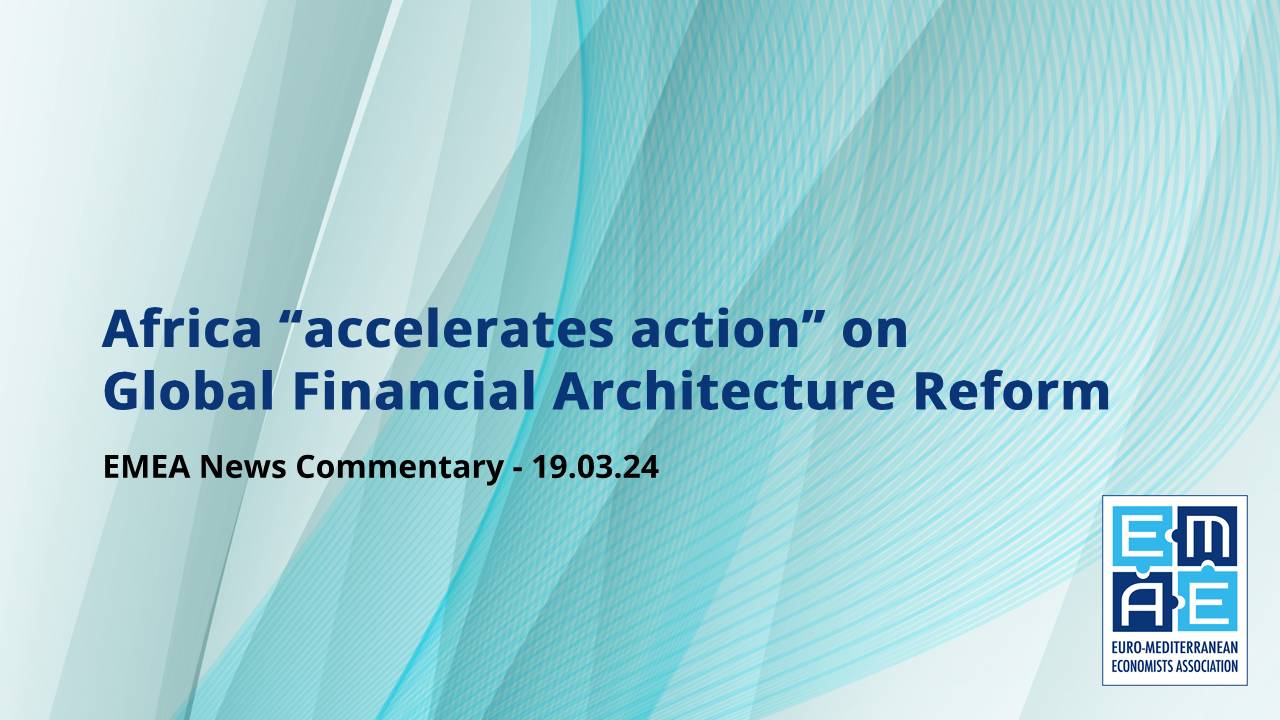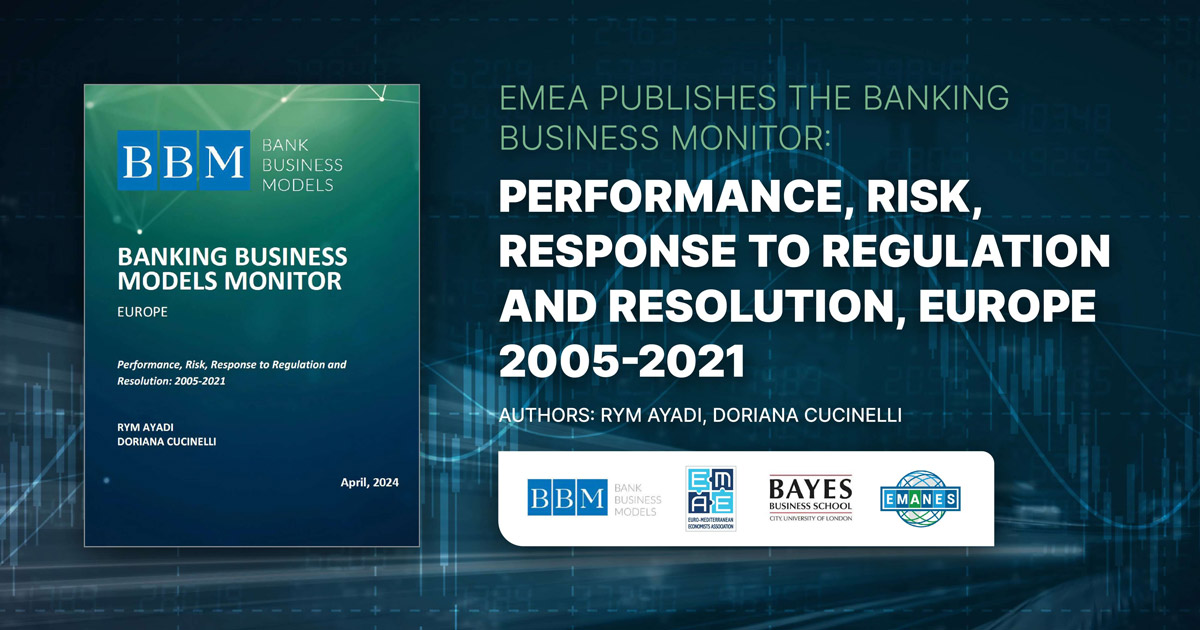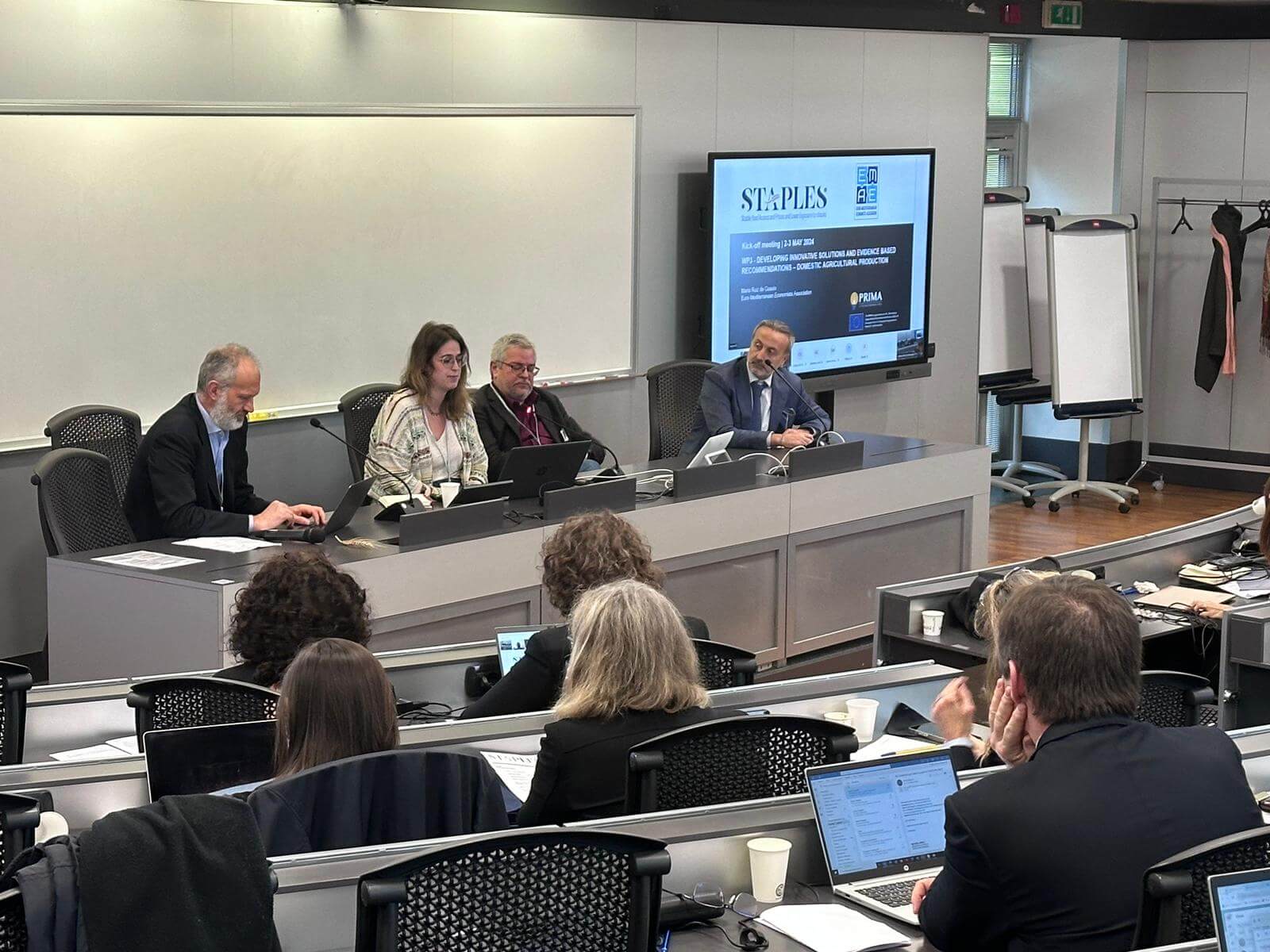Leading figures from across Africa have pledged to strengthen the continent’s agenda for Global Financial Architecture Reform – by adding weight to financial institutions across the African Union (AU) and with the launch of the so-called Africa Club.
At the AU’s 37th Annual Assembly in Addis Ababa, Government Heads of State and bosses of African Multilateral financial institutions – including the African Central Bank, the African Monetary Fund, the African Investment Bank and the Pan-African Stock Exchange – combined “to accelerate action” on a number of fronts.
This included establishing African Union Financial Institutions (AUFI), as well as to launching the Alliance of African Multilateral Financial Institutions (AAMFI) – also known as the aforementioned Africa Club.
According to a report by the Africa Centre for Economic Transformation (ACET), “these actions are expected to strengthen Africa’s financial architecture and put Africa in a stronger position in the global financial architecture.”
African leaders and institutions had “prioritised global reforms on debt architecture, concessional finance, SDR rechannelling, increased voice and power in decision making, and charting a green industrialization and growth path for the continent,” ACET said.
The event was co-organised by the African Union Commission, the UN Economic Commission for Africa, the African Centre for Economic Transformation and African Multilateral Financial Institutions.
Dr. Hanan Morsy, Deputy Executive Secretary and Chief Economist at the United Nations Economic Commission for Africa described the set of commitments as “a defining moment.” He added: “With the African Union’s new seat at the G20, we have an opportunity to move from being rule takers to rule makers.”
And Mavis Owusu-Gyamfi, Executive Vice President of the African Centre for Economic Transformation, said: “We have well-established and well-respected African multilateral financial institutions that have been working for and with us in good times and bad; these institutions must be an integral part of our discourse on the global financial architecture.”
Steps required for Africa to make a bigger impact
The action plan for Global Financial Architecture Reform came during a special session of the Assembly, convened by Ghanian President Nana Akufo-Addo, who is also the African Union Champion for African Union Financial Institutions.
Akufo-Addo said that the current structure of the global financial architecture wasn’t working in Africa’s favour and fundamental systemic reforms was required.
“Making the reforms also requires that we take some steps that will assist us to have a greater impact in the way in which our economies are financed. If we can increase the financial power of our own institutions, we are in a better place to finance our development,” he affirmed.
Dr. William Samoei Ruto, President of Kenya, said: “There was a time when a conversation about the Global Financial Architecture looked like it was an “us vs. them” debate. I’m very happy that today every capital, north and south, has agreed that there is something fundamentally wrong; recognition that the problem exists is half the solution.”
However, Zambian President, Hakainde Hichilema, warned that establishing new African institutions should not mean forgetting “certain basics.”
He said: “When we’ve done these things, we will grow our economies, we will create jobs for our youthful population, we will create more business opportunities with our own African businesses—and then we can provide, sustainably, more social support for the weak, the sick, the old, the retired, and the young, in terms of education for our population.”
Dr Monique Nsanzabaganwa, Deputy Chairperson of the African Union Commission, believed that AUFI could foster inclusive growth and continent-wide sustainable development. “The strengthening of our own financial landscape that can accompany the African Union as we claim our rightful place in the global arena cannot be overemphasised,” she said.
Africa Club – a strategic platform for coordination, engagement and advocacy
Comprising institutions established under treaty agreements by African states, the Africa Club will be made up of the African Export Import Bank (Afreximbank), the Trade and Development Bank (TDB), the Africa Finance Corporation (AFC), the African Reinsurance Corporation (Africa Re), African Trade and Investment Development Insurance (ATIDI), the Shelter Afrique Development Bank (SHAFDB) and ZEP – RE (PTA Reinsurance Co.).
The Club would be a strategic platform for coordination, engagement and advocacy, to improve Africa’s power in the global financial system, reported ACET. It added that its role would be “to address the specific needs of African sovereigns and facilitate their access to essential financing mechanisms, as Africa embarks on a journey towards prosperity and self-sufficiency.”
By leveraging the expertise and resources of its member institutions, the Club was “poised to catalyse growth across various sectors, including infrastructure, trade, and investment and to redefine the continent’s financial landscape, ushering in a new era of inclusive and sustainable development,” ACET continued.
Africa Club Chair, Prof Benedict O Oramah, reckoned African countries had “shown resolve to shape our collective financial destiny.”
“The Alliance’s formation underscores the continent’s commitment to self-reliance and sustainable economic development, leveraging home-grown solutions for the continent’s development,” he said.





